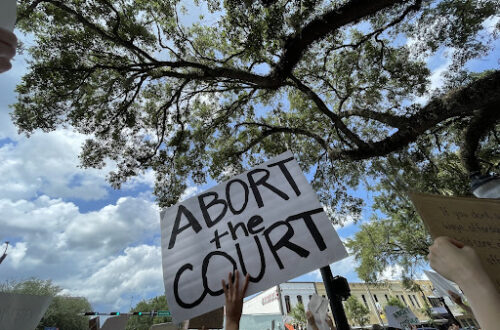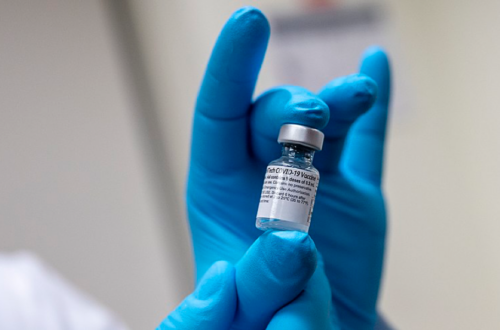This Tuesday, Nov. 8, incumbent Sen. Marco Rubio defeated challenger Val Demings in the Florida general election for one of its U.S. Senate seats. The defeat of Demings, widely considered a strong candidate for the senate seat in comparison to other Democratic contemporaries, outlines the shifting political headwinds of the Sunshine State.
Demings had outraised Rubio by nearly $12 million, putting her campaign at a significant financial comparison to the sitting senator and, in a more competitive climate, assuring her a strong lead in the general election. Unfortunately for Demings, this clear lead in spending appears to have failed to recover ground for her in a state that many believe is simply no longer competitive for the Democratic Party. The case for Florida as a swing state has increasingly come into question as the state elected Republicans down the ballot during the blue wave of 2018 and voted for Trump in 2020 by a wider margin than 2016. There seems to increasingly be no realistic argument to be made that Florida can be considered competitive for the Democrats as this resounding Rubio victory in the state’s most competitive at-large race locks in GOP control of Floridian politics for the foreseeable future.
Rubio, the son of Cuban immigrants, has represented Florida in the US Senate since 2010. He is a long-time resident of West Miami, Florida, and deeply involved with the area’s Cuban community. The returning Senator, co-sponsor of a controversial bill to ban abortions nationwide after 15 weeks, is expected to continue his rightward shift in politics from the more moderate stances that helped him win in 2010. Of particular note for Rubio will be his ongoing role as Vice-Chair of the Senate Intelligence Committee (potentially Chair if Republicans win a majority in the Senate), a role in which he is most known for his strong rebukes of Russian aggression against Ukraine. On the other hand, Rubio has in recent times echoed calls for an end to blank checks for Ukraine by House Minority Leader Kevin McCarthy.
For Demings and the Democratic Party, it appears likely that blame will continue to be placed and simmering tensions will rise as infighting for Florida Democrats escalates. National Democrats have been accused of underfunding the Demings campaign, particularly through the very low comparative spending of the Senate Majority PAC on Florida compared to other similarly competitive Senate races. Additionally, the Democratic strategy in Florida tended towards a lack of campaign cooperation between Florida Governor challenger Charlie Crist and Demings, underscored by Demings’s avoidance of a Florida rally with President Joe Biden that was warmly embraced by the Crist campaign. However, it is hard to place blame solely on factors of Democratic leadership. In the end, Demings outraised Rubio by a substantial margin and ended up losing regardless of this crucial advantage. With the rising registration of Republicans over Democrats, the Sunshine State may be setting on its status as a swing state.
Check out other recent articles from the Florida Political Review here.
Featured image: Florida Political Review Florida senate race graphic depicting Marco Rubio. Image by Maria Varas.





